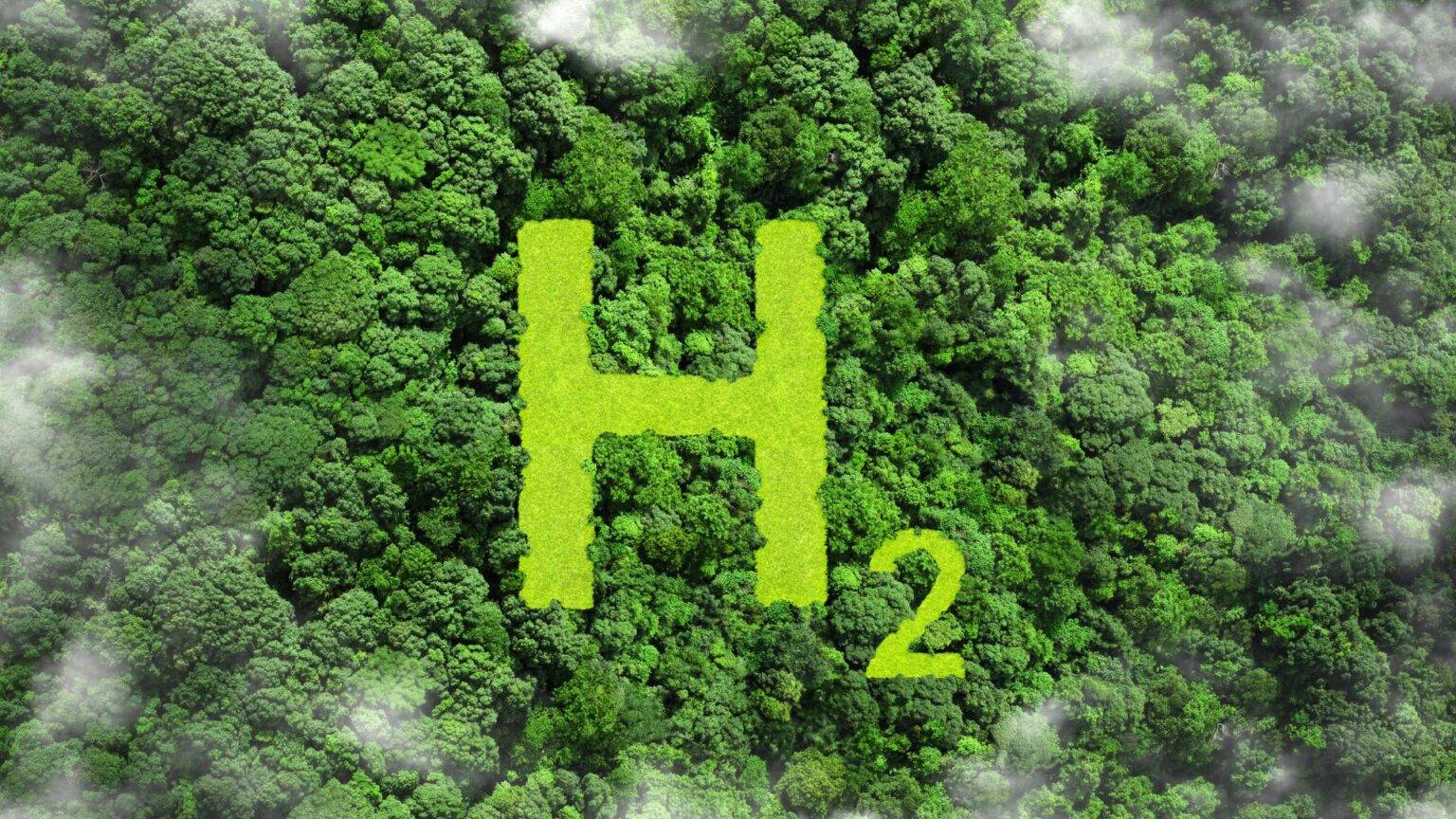Jeju Island, a popular tourist spot in South Korea, is set to become a leader in renewable energy by converting food waste into hydrogen fuel.
The Ministry of Environment has entered discussions with Jeju provincial authorities, aiming to make the island the main candidate for a clean hydrogen production facility. This facility will utilize biogas to produce hydrogen, a significant step forward for the country’s renewable energy sector. Jeju officials revealed this on October 31.
Jeju is expected to be the only applicant in the ministry’s upcoming public bidding process for the facility’s location. A decision is expected by the end of the year. The proposed facility will be near Jeju’s Regional Food Waste Resource Recovery Facility in Seogwipo.
The facility plans to use methane gas from processed food waste as its main fuel source. Currently, the existing waste recovery plant processes 200-220 tons of food waste daily. It uses 60-70% of the methane produced for power and deodorization.
The new facility aims to use the leftover 30-40% of methane to produce about 500 kilograms of bio-hydrogen daily, which will be used to power hydrogen vehicles.
In addition, Jeju plans to set up a Resource Recycling Industrial Complex by 2028 in Jeju City. This complex will focus on recycling used items like electric vehicle batteries, solar panels, and clear PET bottles.





